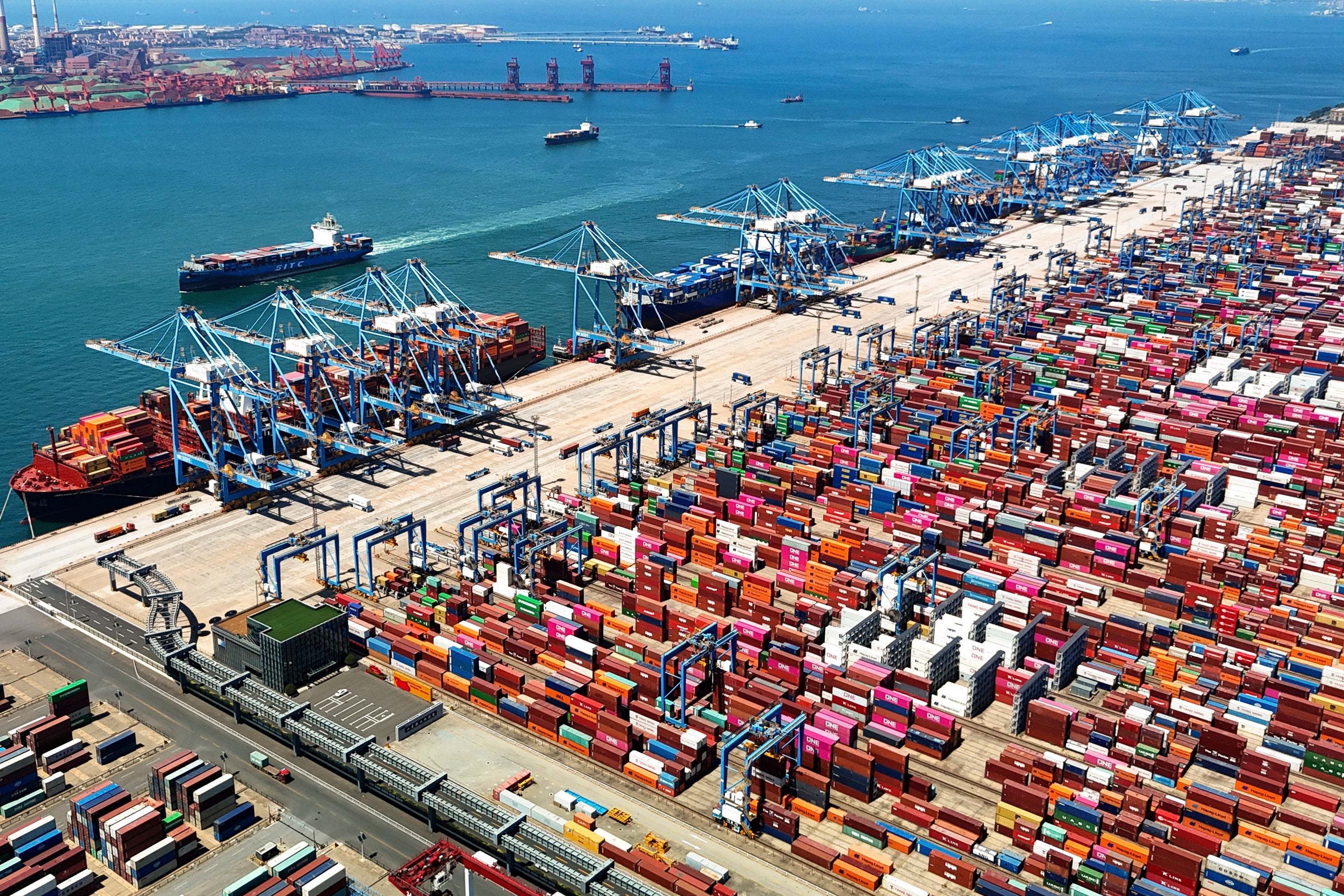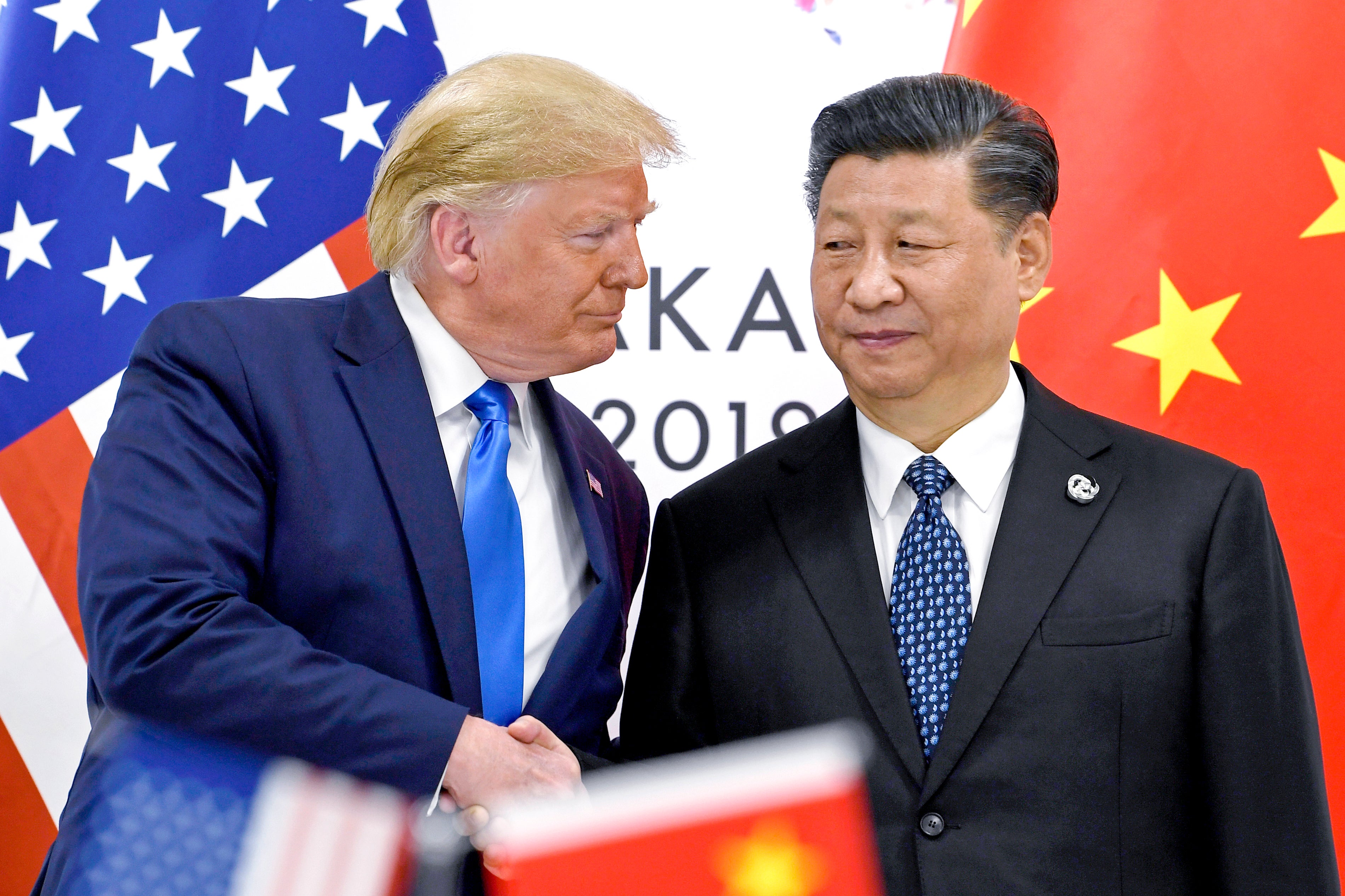China has signalled its refusal to yield to President Donald Trump’s threat of a 100 per cent tariff, instead urging the US to seek resolution through negotiation rather than intimidation.
“China’s stance is consistent,” the Commerce Ministry declared in an online statement. “We do not want a tariff war but we are not afraid of one.”
This marks Beijing’s initial official response to Mr Trump’s pledge to escalate import taxes by 1 November.
The threat was prompted by new Chinese restrictions on rare earth exports, materials vital for a wide array of consumer and military products.
The escalating tensions risk derailing a potential meeting between Mr Trump and Chinese leader Xi Jinping, potentially ending a fragile trade war truce that saw tariffs briefly exceed 100 per cent in April.
Since taking office, Mr Trump has imposed import taxes on numerous trading partners to extract concessions, but China has consistently resisted, leveraging its economic power.
The Commerce Ministry, through an unnamed spokesperson, added: “Frequently resorting to the threat of high tariffs is not the correct way to get along with China.”

The statement called for addressing any concerns through dialogue.
“If the US side obstinately insists on its practice, China will be sure to resolutely take corresponding measures to safeguard its legitimate rights and interests,” the post said.
In addition to the 100 per cent tariff, Trump threatened to impose export controls on what he called “critical software,” without specifying what that means.
Both sides accuse the other of violating the spirit of the truce by imposing new restrictions on trade.
Trump said in a social media post that China is “becoming very hostile” and that it is holding the world captive by restricting access to rare earth metals and magnets.
The Chinese Commerce Ministry post said the US has introduced several new restrictions in recent weeks, including expanding the number of Chinese companies subject to U.S. export controls.
On rare earths, the ministry said that export licenses would be granted for legitimate civilian uses, noting that the minerals also have military applications.

The new regulations include a requirement that foreign companies get Chinese government approval to export items that contain rare earths sourced from China, no matter where the products are manufactured.
China accounts for nearly 70 per cent of the world’s rare earths mining and controls roughly 90 per cent of their global processing. Access to the material is a key point of contention in trade talks between Washington and Beijing.
The critical minerals go into many products, from jet engines, radar systems and electric vehicles to consumer electronics including laptops and phones. China’s export controls have hit European and other manufacturers, as well as American ones.
The Commerce Ministry statement said that the US is also ignoring Chinese concerns by going forward with new port fees on Chinese ships that take effect Tuesday. China announced Friday that it would impose port fees on American ships in response.





